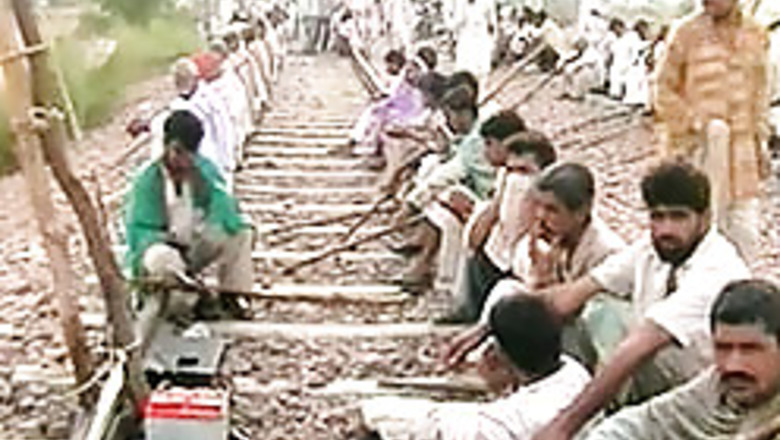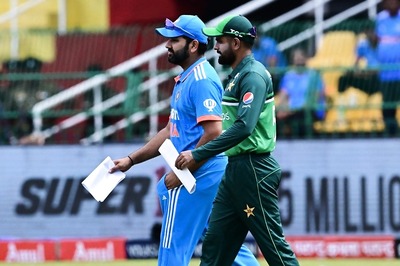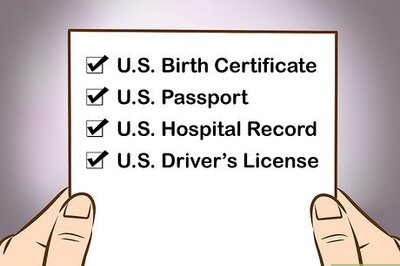
views
New Delhi: It is easier said than done. Experts say it will not be easy to give Scheduled Tribe (ST) status to Rajasthan's Gurjar community. The process will take a couple of years even if the authorities give the go ahead.
"There are several hurdles in granting ST status to Gurjars," a senior official in the ministry for tribal affairs told IANS.
First, the official said, the state government would have to recommend to the central government that the Gurjars needed to be given ST status.
"This has not yet been recommended. Such a decision can be taken by the state cabinet or through a resolution adopted by the state assembly," added the official, who spoke on condition of anonymity.
The Ministry of Tribal Affairs will then refer the recommendation to the Registrar General of India (RGI) for comments. The file will then move to the National Commission for Schedule Tribe (NCST) for comments and approval.
The RGI comments will throw light on how close socially and historically Gurjars are to other STs like Meenas in Rajasthan or vice-versa. RGI is India's official agency to conduct census. Its 2001 Census puts India's total ST population at 8.2 per cent.
"The matter will then be taken up by cabinet for consideration and approval. If the cabinet agrees to the proposition, then ministry of law will prepare an act to modify the list of ST through parliament, the only authority vested with power to include and exclude any caste from the list of STs as well schedule castes," added the official.
There is, however, a rider. The matter will reach parliament only if there are no objections from RGI or NCST, the two key agencies whose comments are ordinarily binding on the government.
Has the Rajasthan government recommended the inclusion of Gurjars into the central list of STs?
"The state government had suggested to Prime Minister Manmohan Singh to earmark a separate quota of 4-6 percent reservation for Gurjars. It is a complicated proposition. It is easier said than done," the official said.
Why?
There is already a Supreme Court ceiling of 50 per cent on quotas. The government will have to amend the constitution to increase quota quantum.
If that is done, the Government cannot afford to ignore the pending demands for quotas from Dalit Muslims. The Ministry of Social Justice and Empowerment is pitching to enhance the quotas for Scheduled Castes from existing 15 to 16.2 per cent, in proportion to their population.
The official went on: "The other option is to sub-categorise other backward classes (OBC) quota of 27 per cent, but this is an equally difficult proposition. Major OBC castes like Yadavs and Kurmis will seek separate quota within quota for themselves."
Why not to have separate quota for Gurjars in the state services?
"The state can certainly have even if there is a Supreme Court ceiling of 50 per cent. Tamil Nadu has over 65 per cent quota in state services," he added.
Gurjars have actually failed to grab much of the 27 per cent quota in the Rajasthan services after Jats were included in the list of OBCs through a notification dated October 27, 1999. Since then, Gurjars have been asserting their demand for ST status.
In June 2007, Bharatiya Janata Party (BJP) leaders L K Advani and Jaswant Singh met Prime Minister Manmohan Singh but refrained from supporting the demand for ST status for the Gurjars.
Meenas make up some 12 per cent of Rajasthan's population and they are traditional voters of the BJP. The party has a sizeable number of Meena legislators in the state, said a BJP Gurjar leader from New Delhi, requesting anonymity.
Violence linked to the Gurjar campaign for ST status has left 37 people dead this year. At least 26 were killed in similar violence last year.
















Comments
0 comment